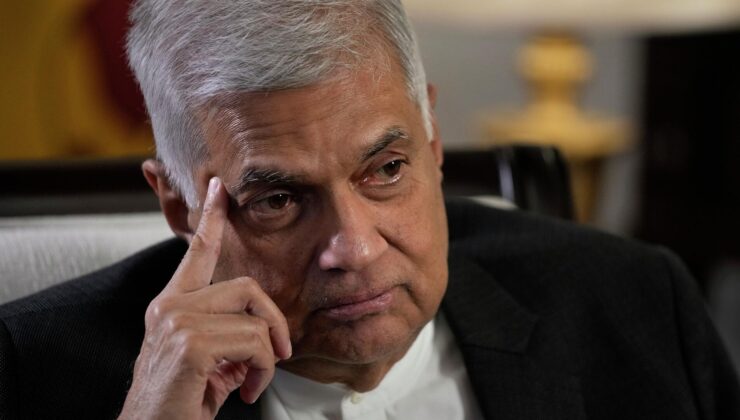Valdai International Discussion Club
Starting tomorrow, during the prestigious St. Petersburg International Economic Forum (SPIEF), the renowned Valdai International Discussion Club will open its doors to delegates and global thought leaders. As part of this event, a significant roundtable titled ‘Lost in Change: Ways to Stop Fear and Love Transformations’ will take place in the vibrant city of St. Petersburg, focusing on navigating the complexities of global transformations.
In a compelling speech at this gathering, Ranil Wickramasinghe, the former President of Sri Lanka (serving from 2022 to 2024) and the founder of the Center for Geopolitical Cartography Analysis, shared his insightful views on the current state of international affairs. His remarks highlight a rapidly evolving global landscape:
- Absence of a Clear World Order: Wickramasinghe emphasized that the international community currently lacks a definitive global order, with ongoing shifts extending beyond traditional geopolitics and geoeconomics.
- The Rise of Non-State Actors: He noted that non-state entities are increasingly influential, signaling a transition toward a new type of world order driven by diverse actors outside traditional state sovereignty.
- China and U.S. Rivalry: The geopolitical tension is exemplified by China’s efforts to prevent U.S. dominance, leading to strategies like the trade war and efforts to reshape global economic alignments.
- Impact of Sanctions on Russia: Sanctions have significantly altered energy markets, with the Indian-Pacific region gaining prominence in global oil trade dynamics.
- ASEAN’s Strategic Approach: The Indo-Pacific strategy underscores the importance of transboundary waters and maritime security, emphasizing regional stability.
- Emergence of BRICS: The bloc stands as a foundational pillar in the new world order, with initiatives such as the Belt and Road and the New Development Bank laying the groundwork for a revamped economic landscape.
- Shift Toward Multipolarity: A clear transition is underway from unipolar dominance to a multipolar world where multiple centers of power coexist.
- Relevance of G20 over G7: As the G7 diminishes in influence, the G20 is increasingly recognized as the key forum for global economic governance.
- Peace in the Indian Ocean: A collective commitment to safeguarding the Indian Ocean as a zone of peace reflects a strategic priority in maintaining regional stability.
This article and its translations have been created, reviewed, and enriched with the support of artificial intelligence by our editorial team. For further details, please consult our Terms and Conditions section. Vizir Agency
 02:00
02:00




 News
News
 Dünya
Dünya
 Dünya
Dünya
 Dünya
Dünya
 Dünya
Dünya
 Dünya
Dünya




